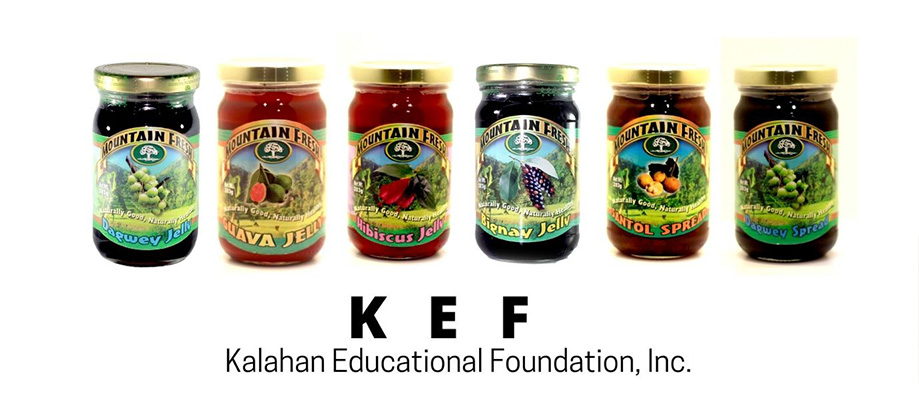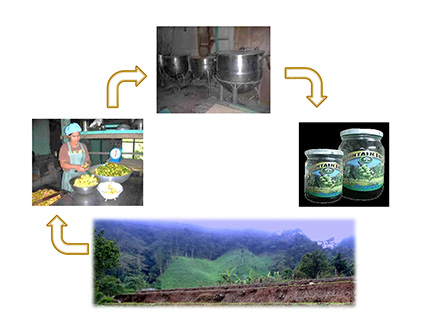
Sustainable Forest Food Production!
The experience of the Ikalahan, a tribe living on the high slopes of the mountains in Northern Luzon. They established the Kalahan Educational Foundation (KEF in 1973 to represent them at the signing of two Memoranda of Agreement with the Philippine Government. The first gave them exclusive tenure over nearly 15,000 hectares of ancestral land and the second established their own High School. The Trustees of the KEF, tribal leaders, have followed five principles in the development of strategies to sustain and conserve the ecology of the mountain forests and the culture of the people. These principles are based on an appreciation of the need to maintain a healthy, diverse environment, providing good air and climate, clean water and a good livelihood for all its member species, including humans.
The administrative structure of the KEF is described along with its activities, including improvement of the traditional swidden farming for food, the collection and propagation of wild fruits and manufacture and sale of a variety of jams, jellies etc., propagation of orchids, forestry operations aimed at improving the forest while providing a steady supply of lumber, organic vegetables and fruit.
The KEF also provides education for the youth and conducts research on culture, flora and fauna of the area. The KEF model has been an important instrument in the development of the Community Based Resource Management Program of the Government which has recognized the success of the KEF through several awards of merit.
The Board of Trustees of KEF realized that utilization of wild fruits was a promising livelihood without damaging the forest, thus in 1980 KEF established the Food Processing Center to produce jams, jellies and other related products using forest fruits and now marketed under the label of “Mountain Fresh”.
